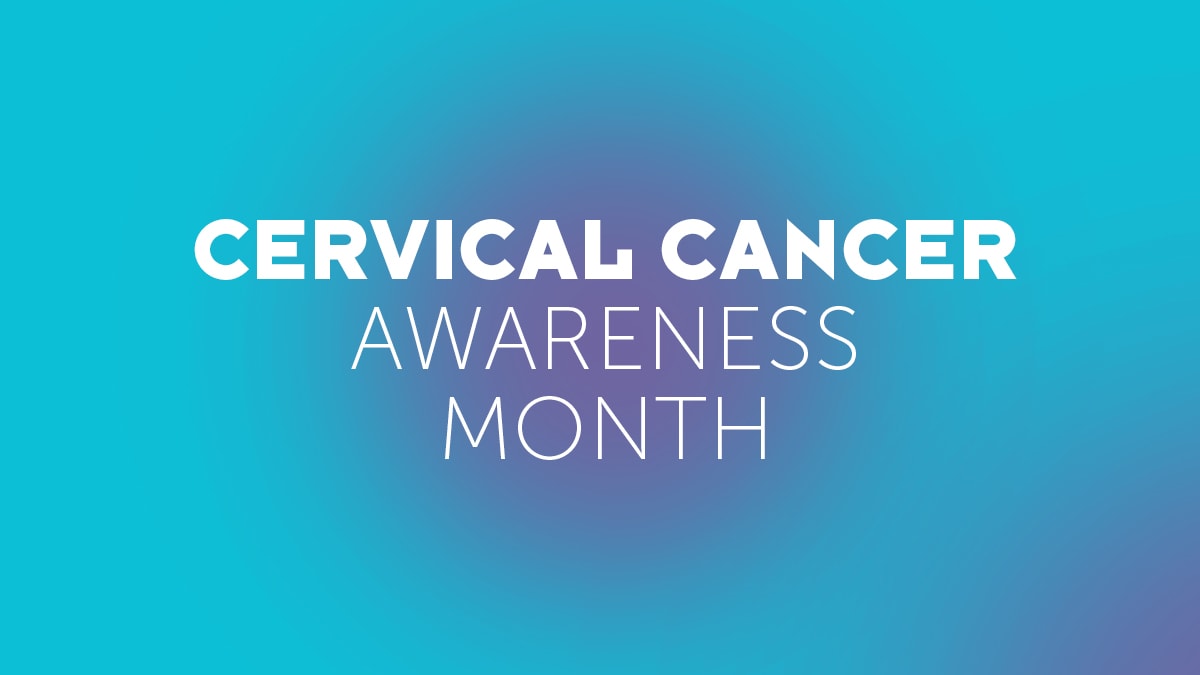Hello,
My name is Dr. Stephen Lam. I’m a distinguished scientist at BC Cancer and the Leon Judah Blackmore Foundation chair in lung cancer research.
I’m also the MDS – Rix endowed director of translation lung cancer research and chair of the Provincial Lung Tumour Group at BC Cancer.
It has been three years since I last blogged for the BC Cancer Foundation. I am thrilled to report back on the progress we’ve made to advance research for this disease since.
Lung cancer remains deadly, but progress on horizon
Lung cancer remains among the deadliest and most prevalent cancers in B.C., Canada and beyond. In our province alone, more than 3,700 people are newly diagnosed each year.
Across Canada, it is responsible for more deaths than breast, prostate and colon cancers combined.
This is primarily because lung cancer is diagnosed at a later-stage, with fewer symptoms experienced early-on. This makes it difficult to detect and treat at a more manageable stage.
Further still, current treatment options for the disease remain ineffective in the long-term, and drug resistance remains a common issue faced by patients.
The focus of my research is to uncover ways to detect the cancer at a much earlier stage, to help prevent lung cancer from spreading. Ultimately, we hope to find ways to stop the disease before it starts.
New research finds greater risk in Asian populations
Over the past three years, my research has focused on uncovering the risk factors for people who develop lung cancer.
Using satellite data and ground measurements, tracking the residential histories of several populations across the world, our latest findings have uncovered women of Asian ethnicity to be more susceptible to lung cancer than men and any other ethnic population brought on by air pollution.
Asian men, as well, were shown to be more susceptible to the effect of air pollution for developing the disease than other ethnic groups. Still, Asian women were shown to be more at risk then their male counterparts.
What’s more, we and other researchers have found second-hand tobacco smoke exposure accounts for less than 15% of the lung cancers in never smokers.
Findings to lead to deeper understanding of lung cancer risk
These findings are significant in that we now understand why we see so many people of Asian descent, who have never smoked, go on to develop lung cancer in their lives.
Often, people have attributed this to second-hand smoke, but now we know that simply is not the case. Air pollution exposure is by far the most important factor.
Over the next few decades, we expect more people from Asian countries to go on to develop this disease, and this new-found information will help us address this growing health issue.
The next step in our research is to understand why exactly these groups are more susceptible – whether it is a genetic factor or some other environmental influence, or a mix of both.
Our research points to the importance of improving the quality of the air that we breathe.
We hope our research will lead to new intervention techniques, perhaps the development of a drug that will help prevent the development of this disease across these groups until the poor air quality in many parts of the world can be improved.
Next week, I’ll discuss the transformative impact of donors on this work.
Thanks for reading,
Dr. Lam


